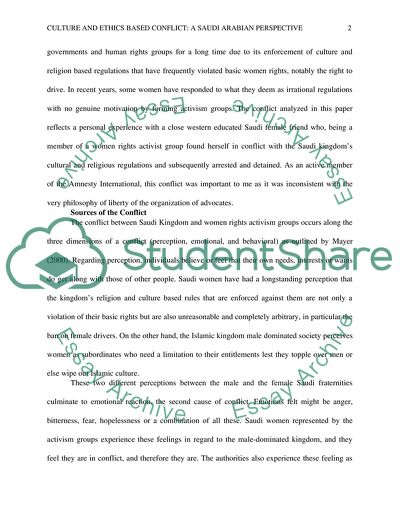Cite this document
(“Culture and Ethics Based Conflict - a Saudi Arabian Perspective Essay - 1”, n.d.)
Retrieved from https://studentshare.org/psychology/1665563-writers-choice
Retrieved from https://studentshare.org/psychology/1665563-writers-choice
(Culture and Ethics Based Conflict - a Saudi Arabian Perspective Essay - 1)
https://studentshare.org/psychology/1665563-writers-choice.
https://studentshare.org/psychology/1665563-writers-choice.
“Culture and Ethics Based Conflict - a Saudi Arabian Perspective Essay - 1”, n.d. https://studentshare.org/psychology/1665563-writers-choice.


